High-Impact Practices 1. A New Interdisciplinary Capstone Pathway at the UNC Charlotte Honors College: Capstone Students as Scholar-Teachers
Melinda Adnot, UNC Charlotte Honors College
Andrew Keener, UNC Charlotte Honors College
Beginning in Spring 2023, the University Honors Program at UNC Charlotte launched an innovative curricular model that connects the first-year experience to the senior capstone project. This new capstone format asks our seniors to engage in individual academic inquiry on a topic of their choosing and to design and lead a seminar series on their topic for a small group of incoming honors students. The goal of this model is to create a more cohesive curricular experience in the University Honors Program: when students enter, they will engage in a small, discussion-based community of inquiry led by a senior student, they will see deep interdisciplinary inquiry modeled by their professors in their honors coursework, and for their own capstone experience they will have the opportunity to lead a seminar themselves (or choose to complete the capstone/thesis in their disciplinary honors program). Our revision of the capstone process in the University Honors Program responds to students’ reported dissatisfaction with the traditional “honors thesis” option, but doubles down on the requirement for a sustained intellectual project composed of three components: inquiry, product, and dissemination.
To reinforce the new capstone process and condition students to reflect on it at every stage of their honors journey, an overhaul of the University Honors Program’s Critical Thinking and Communication course – required for all second years – introduces students to research methods and provides opportunities for students to take initiative in a “mini-capstone” inquiry project of their own design. “Special topics” upperdivision electives, meanwhile, in the next stage of the curriculum, present further and higher-level chances for students to sharpen their skills, methods, and interests along the way to their capstone proposal. Our students’ engagement in intellectual inquiry is supported by our own Honors Research Symposium and our University’s Undergraduate Research Conference, which provide further chances for students to observe and demonstrate inquiry skills outside the classroom space.
In this session, we will discuss lessons learned from our first year of implementation and plans for program development and evaluation in the coming year; we are also eager to engage in discussion with attendees who have considered or are implementing comparable changes to the capstone process in their own programs.
